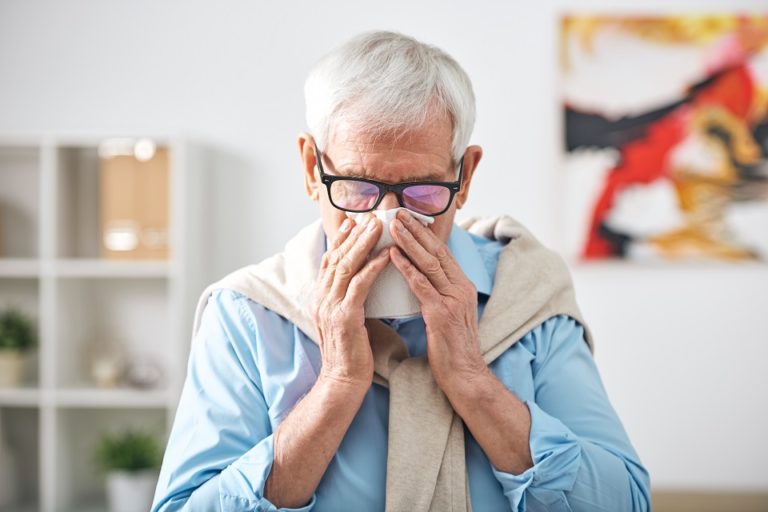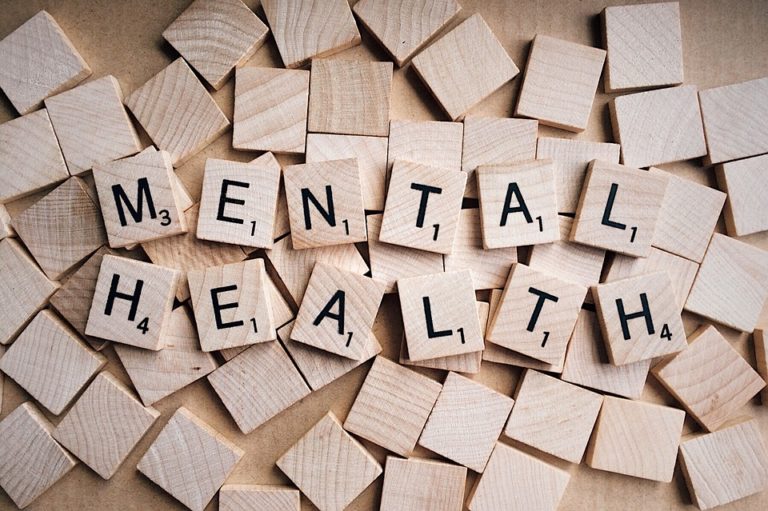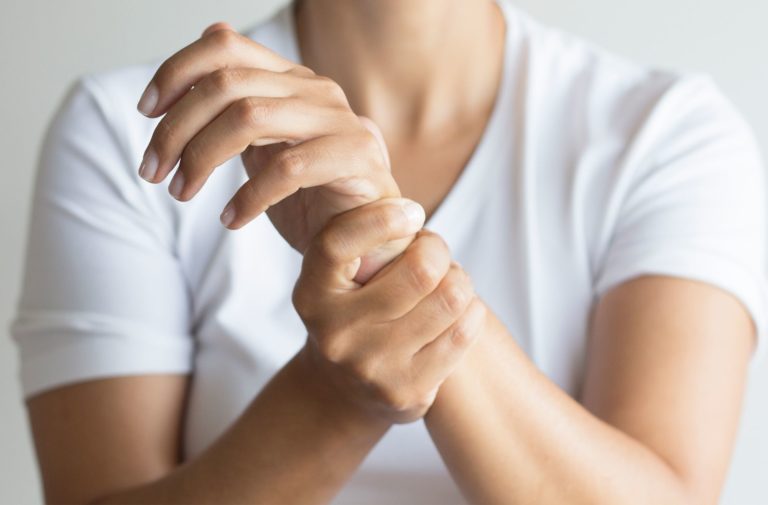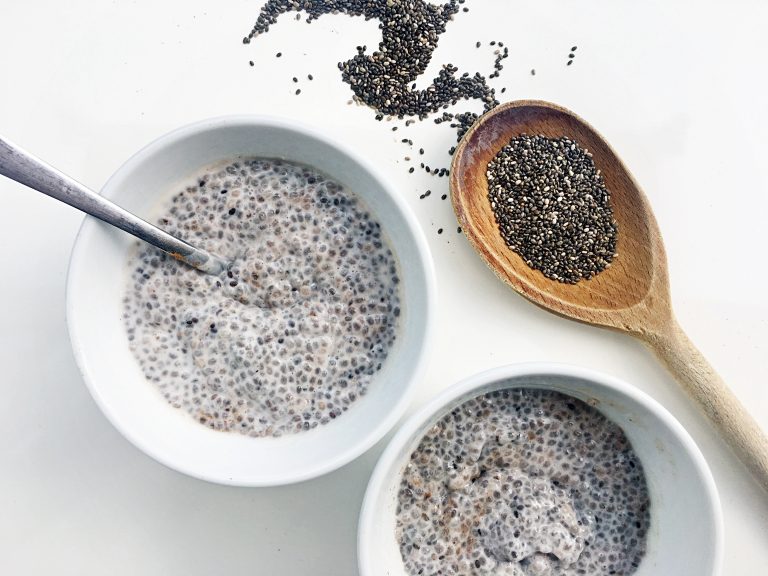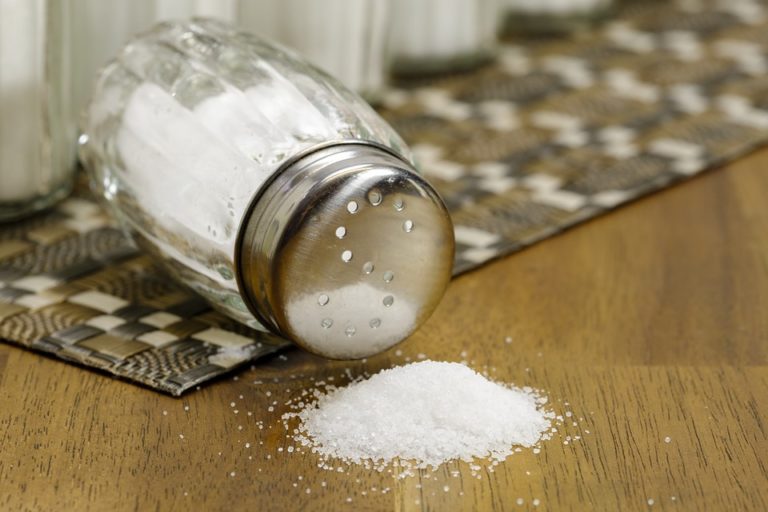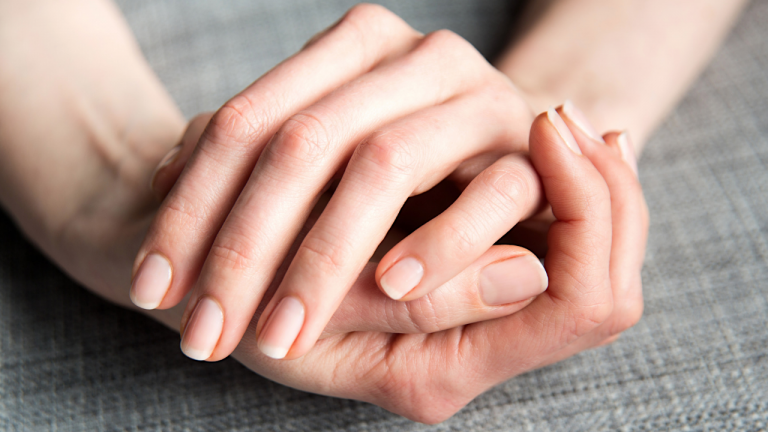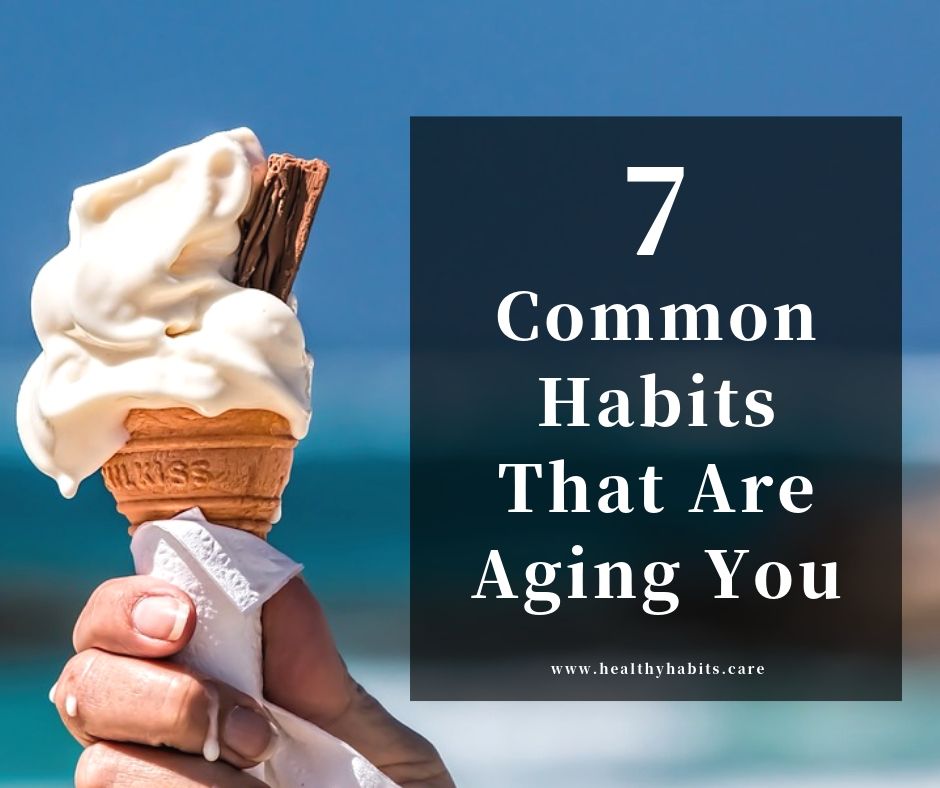
Are you aging faster than your years? If you don’t like what you see in the mirror, it may be time to evaluate some of your daily routines. The foods you eat and even the way you sleep can add years to your face and may shorten your lifespan. Here, experts discuss the most common age-accelerating habits and ways to reverse the process.
You multitask
If your to-do list never seems to get any shorter, the stress from your hectic life may be taxing your body. “People think multitasking is good, but you don’t actually get anything done—you just create more stress,” says Raymond Casciari, MD, chief medical officer of St. Joseph Hospital in Orange, Calif.
Several studies show that chronic stress triggers the release of free radicals, the unstable molecules that damage cells and are responsible for aging. Instead of trying to do it all, Dr. Casciari suggests concentrating on one task at a time and only moving on once you finish it.
You rarely pass out dessert
Aside from adding excess pounds to your body, your sweet tooth may also be adding years to your face. “Internally, sugar molecules attach themselves to protein fibers in each of our cells,” says Susan Stuart, MD, a San Diego, Calif. board-certified dermatologist.
This damaging process, known as glycation, can result in a loss of radiance, dark circles under the eyes, loss of tone, puffiness, an increase in fine lines and wrinkles and a loss of facial contours and increased pore size. Pass on the sugary treats if you want to preserve your youthful glow.
You get by on fewer than five hours sleep a night
Skimping on sleep not only results in dark bags under the eyes—it has also been linked to a shorter lifespan, says Dr. Casciari, who founded a sleep laboratory at St. Joseph’s Hospital. “Sleeping within the seven-hour range is optimal,” he says.
Get to bed earlier if you have the symptoms of sleep deprivation, which include a lack of daytime energy, mental sluggishness, attention problems, or weight gain, Dr. Casciari says.
You love a good TV marathon
Binge-watching the latest season of House of Cards is one thing; regularly gluing yourself to the TV is another. In a study of about 11,000 Australians ages 25 and older, researchers found that for every hour of television watched, adults cut their life expectancy by 22 minutes.
What’s more, people who spent an average of six hours a day watching TV lived five years less than their non-viewing counterparts. “This effect is more about sitting and being inactive than the TV watching,” says Dr. Casciari.
“When you sit for more than 30 minutes your body begins to deposit sugar into your cells, which makes it much more likely you’ll be overweight as well.” Whether you’re watching TV or at your desk, get up every 30 minutes to walk around, says Dr. Casciari.
You spend most of the day sitting
The dangers of a sedentary lifestyle are well-documented: People who spend most of their days parked in a chair are at increased risk for kidney disease, cardiovascular disease, and cancer, not to mention obesity. Naturally, exercising regularly helps to prevent these health issues and keeps you living longer.
You don’t use eye cream
Even a no-fuss skincare routine needs to include a good eye cream to keep aging wrinkles at bay. Skin around the eyes is thinner than the skin on the rest of your face and shows age faster, says Dr. Stuart. Keeping the eye area moisturized can take years off your face.
“Eye creams that are most effective contain Retin A, a form of vitamin A,” says Dr. Stuart. Other important factors include emollients and moisturizers that trap moisture, antioxidants, hyaluronic acid, and vitamin C. “These promote formation of collagen and elastin to tighten the skin and reduce fine lines around the eyes,” Dr. Stuart says.
You use sunscreen, but only on vacation
Running errands, driving, and walking back and forth to the mailbox may do more damage to your skin than spending a day at the beach if you do it sans sunblock, says Sarah L. Taylor, MD, associate professor of dermatology at Wake Forest Baptist Medical Center.
“The number-one cause of nearly every sign of premature aging on the human face is ultraviolet exposure,” Dr. Taylor says. “UV light is present even when it’s cloudy or raining.” Protect your skin by wearing sunblock any time you go outdoors. Dr. Taylor recommends an SPF between 30 and 50 for daily use.





